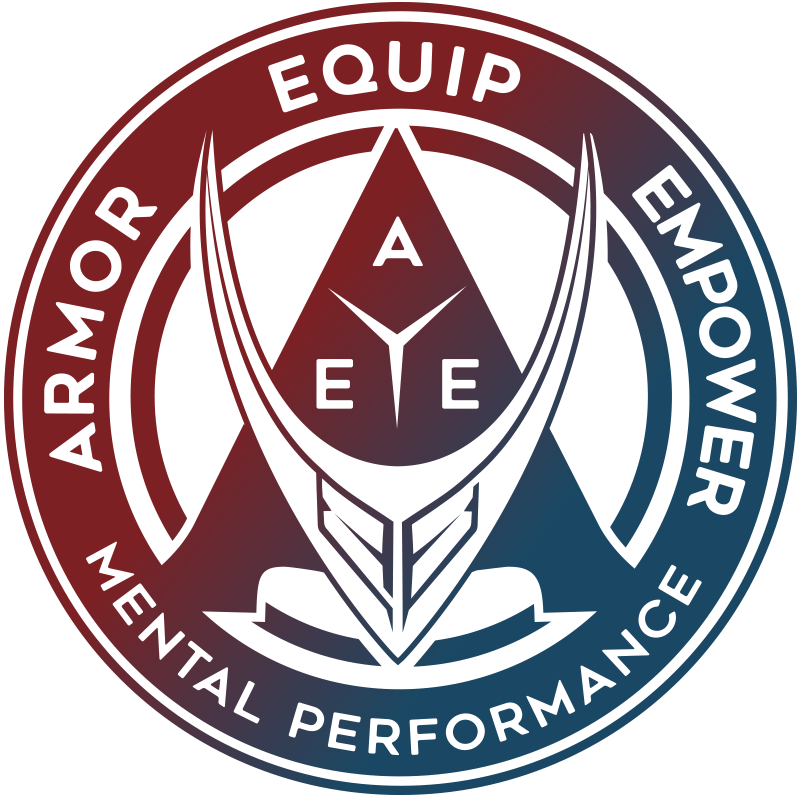During-performance routines
(DPR)
Why are during-performance routines important?
The main goal of during performance routines is to increase our ability to flow with the highs and lows of performance and adjust accordingly to stay in or as close as possible to OZONE
- performance flexibility (not every call is going to go well or be easy; how do we stay where we need to be to get through)
- during-performance routines should be extremely simple, almost effortless, and ideally automatized (because we don’t have much time during performance)
During-performance routines should be:
- extremely simple
- almost effortless
- ideally automatized because we don’t have time and space to work on them especially during the call/high-stress event.
Normalizing too high/low arousal
Feeling stressed out during a stressful situation is absolutely normal → prevent being overly stressed out by the fact you are stressed out
We cannot directly control the current situation, what thoughts come to our mind, and how we get activated (sometimes we get over energized – Revisit inverted U theory – OZONE)
What we can control is our RESPONSE to the situation, to the thoughts, and our activation by what we do, what we choose to focus on, and how we adjust the activation (anxiety).
Here is how:
During performance tools: STAYING IN THE ZONE!
Cue words (focus/mindset)
- Where does your focus need to be as you pick up the call? Where does it tend to be? (what if, worrying thoughts?)
- Create a cue word that defines where your focus/mindset needs to be
- Define the cue word
Self-talk (internal dialogue)
- what are you telling yourself?
Deep breath (arousal regulation/composure)
- take one (or more) deep breaths with emphasis on the breath out
Thought Acceptance
- thoughts can be highly distracting
- this can be followed by a cue word
